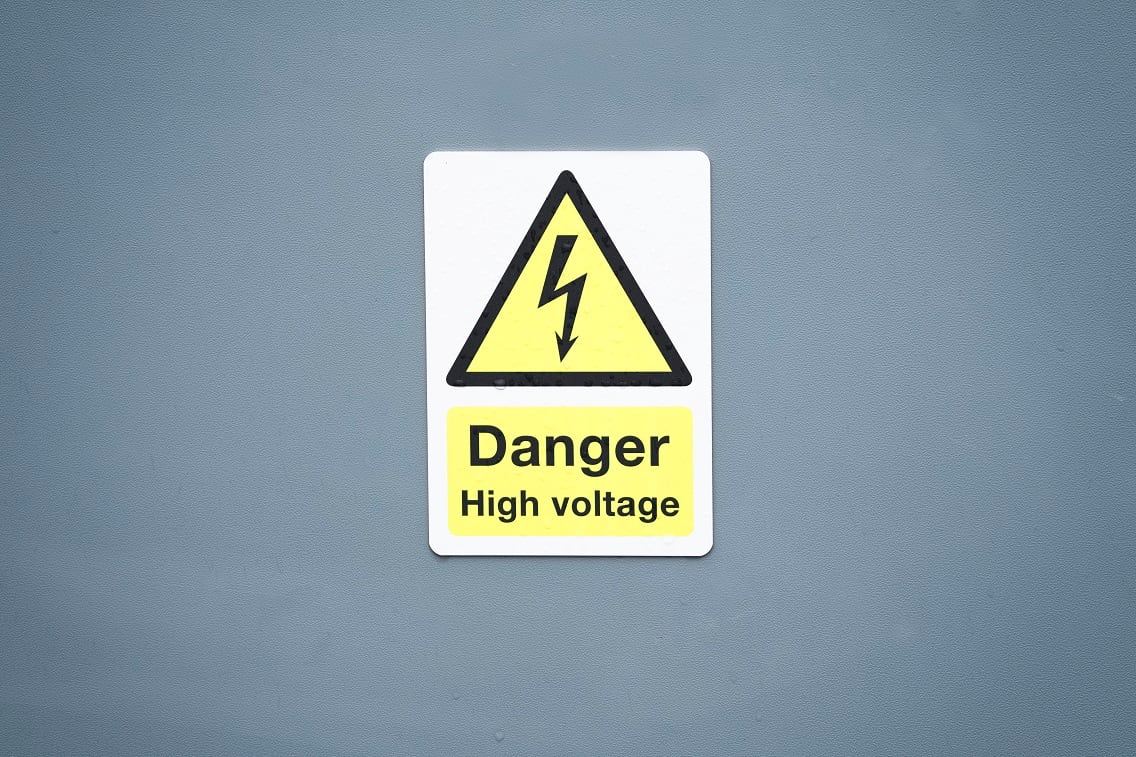Not ensuring electrical safety can lead to serious hazards being created, which can lead to physical harm and property loss. As reported in the Health and Safety Executive document, ‘Workplace Fatal Injuries in Great Britain, 2019’, there were four fatalities relating to contact with electricity, or electrical discharge up to March 2019.
The main hazards identified with electricity are: contact with live parts causing electric shocks and burns; faults which can cause fires; and fire or explosion where poorly maintained or installed equipment could be the source of ignition.
The duty to manage electricity in the workplace is clear in that electrical systems should be constructed and maintained in a way that prevents danger.
Six tips to help prevent electrical hazards
- Design systems to embedded standards such as BS: EN:60204;
- Ensure fixed wire electrical inspection and tests, and portable appliance testing are carried out;
- Check residual current devices are installed and tested regularly;
- Confirm planned preventative maintenance, visual inspections and similar analysis are carried out at regular intervals and that any corrective actions are closed out. This should include regularly inspecting ‘out of the way’ areas, such as roof voids, to ensure that any redundant cables have been removed and not left in situ to accidentally become re-energised with devastating consequences;
- Robust systems should be in place to manage maintenance activities such as permit to work, contractor controls, isolation and lock off;
- Any electrical equipment used in hazardous environments must be protected and constructed against extremes of weather, temperature and corrosive conditions, impact and, importantly, the people who work on the electrical systems must be deemed competent.
Staff have an important role in ensuring electrical safety too in the way they interact with equipment. They need to be made aware and encouraged to use electrical equipment correctly and report any faults they see, so that these can be rectified promptly. Supervision should ensure that electrical equipment is being used properly by individuals.
Electricity is an amazing source of power that enables us as a society to function day to day, enabling life to operate, but is also extremely dangerous if it is not afforded the respect it deserves.
Mick Liddle is group health and safety specialist at Greencore and a part of the Institute of Occupational Safety and Health's Food and Drink Industries Group.




